Xinlan just put on the pot without fertilization
Don't fertilize the orchids that have just been put into the basin, because there are enough nutrients in the basin soil to meet the growth needs. Secondly, the orchid has just changed the pot. After some tossing, the root growth is affected, and there may be some wounds. At this time, excessive fertilization will cause fertilizer damage, breed bacteria and affect the serving pot of the orchid
After about 2 ~ 3 weeks, the orchids return to normal. After a certain amount of new roots grow, the resistance is also enhanced, and appropriate fertilization can be carried out
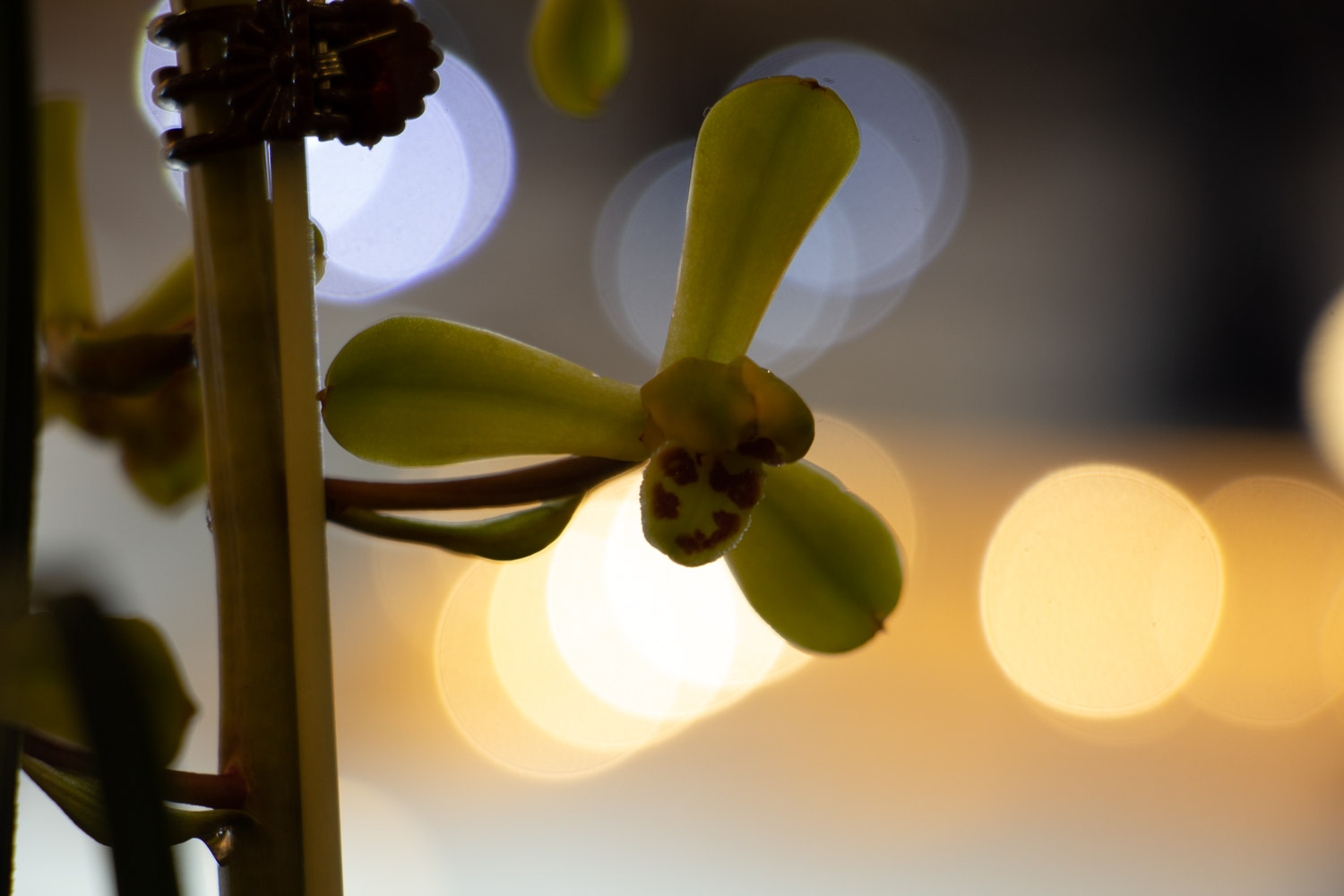
Thin plants without fertilization
Orchid growth is abnormal, new buds are not drawn, the leaf color is dull, and the leaf tip is dry. This is because the root growth is affected, so we must not apply fertilizer. Check whether the root rot occurs in time. After treatment, just spray a little leaf fertilizer to supplement nutrition and promote the recovery of orchids
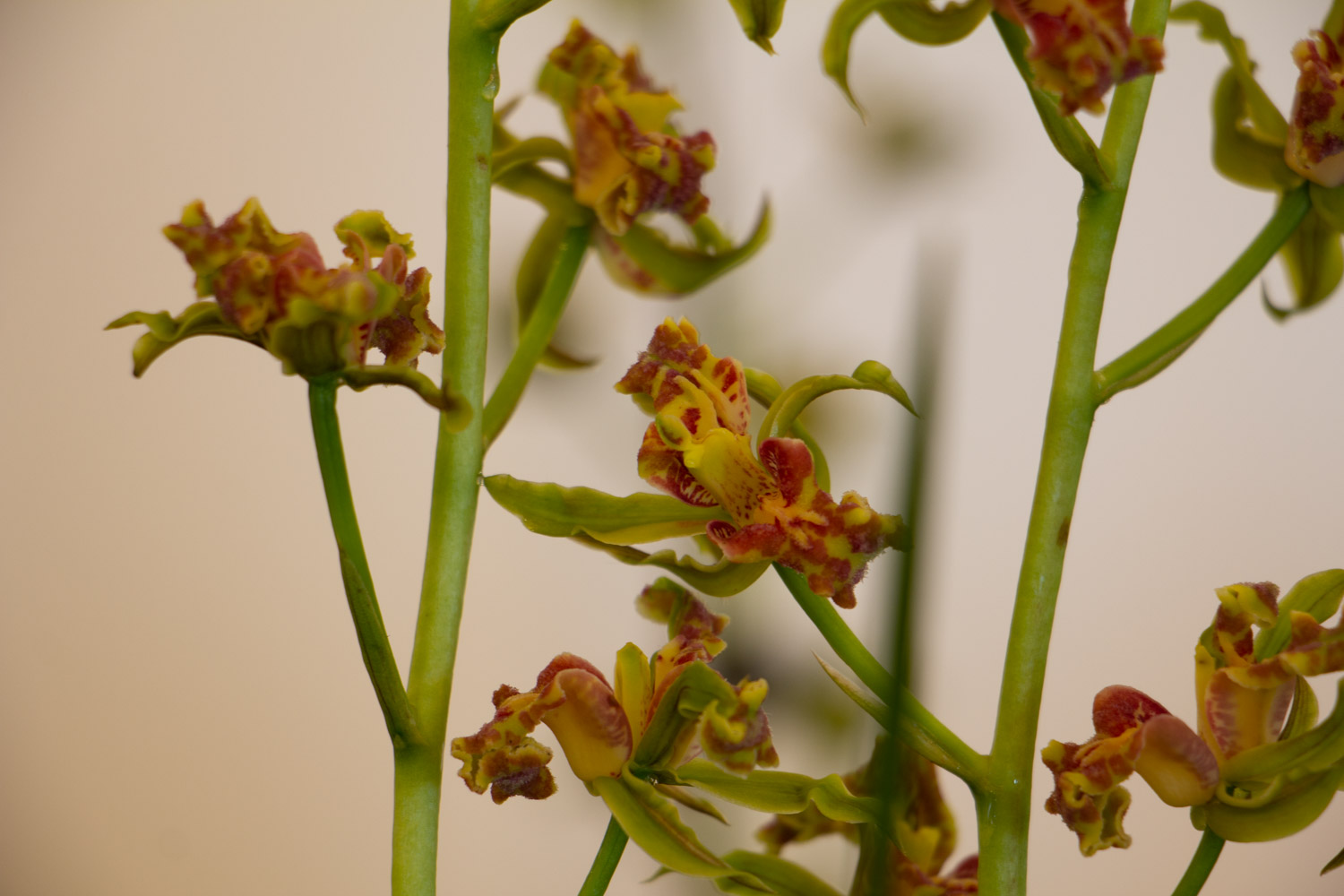
The flower buds are not full and do not apply fertilizer
In autumn, the new roots of orchids will grow more and more and begin to sprout. If the flower buds are not full and abnormal flower buds are found, it shows that the nutrient supply of roots can only barely maintain the growth of plants. Ask whether the plant needs fertilizer, but it can't. At this time, fertilization will affect the roots. You can spray leaf fertilizer first to promote the growth of plants and let the roots recover slowly
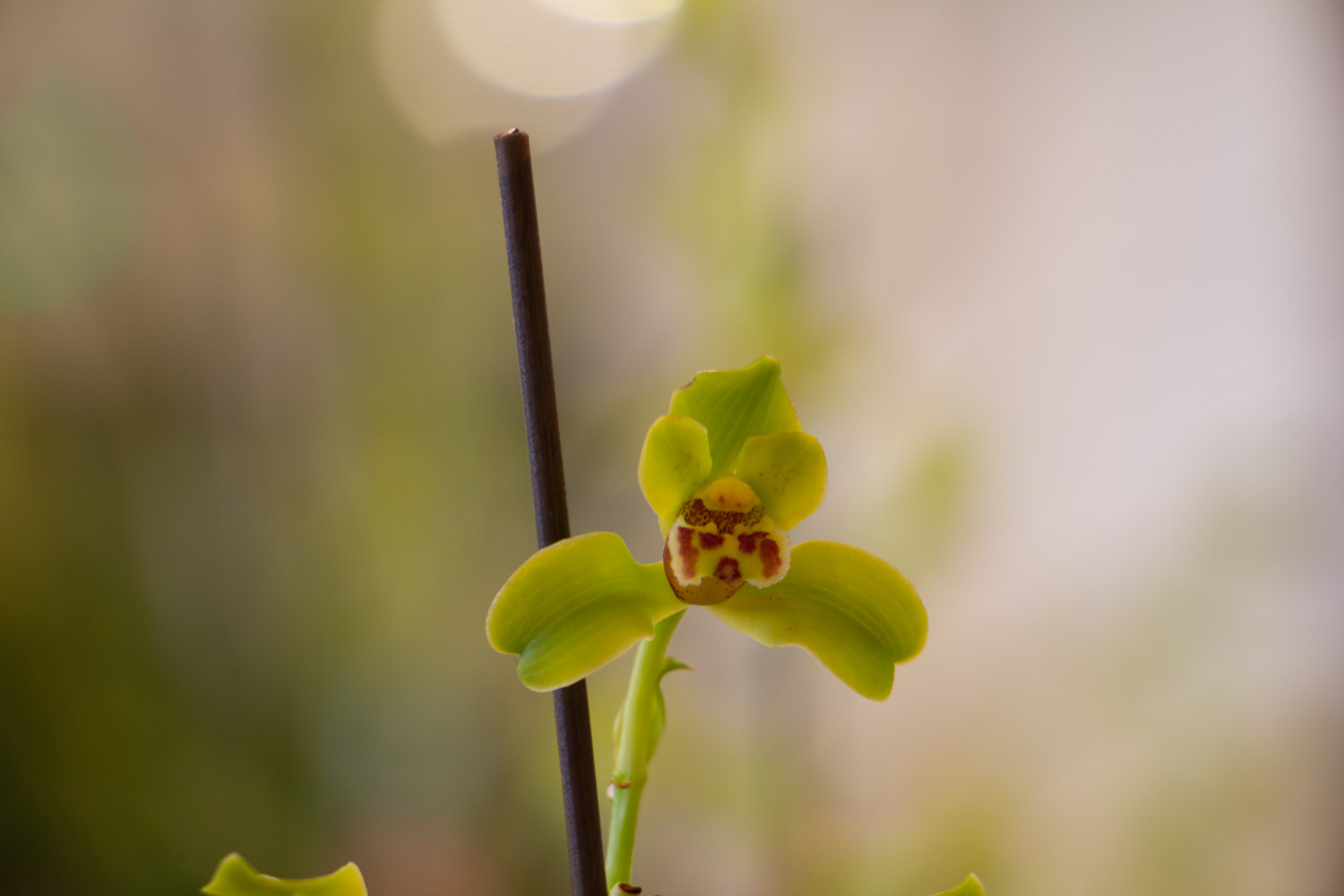
No fertilization in early spring
In early spring, the orchid just came out of the room and gradually recovered its growth. At this time, the temperature is still relatively low, the growth is slow, and the fertilization will not be well absorbed and remain in the soil, which is unfavorable to the growth of the orchid
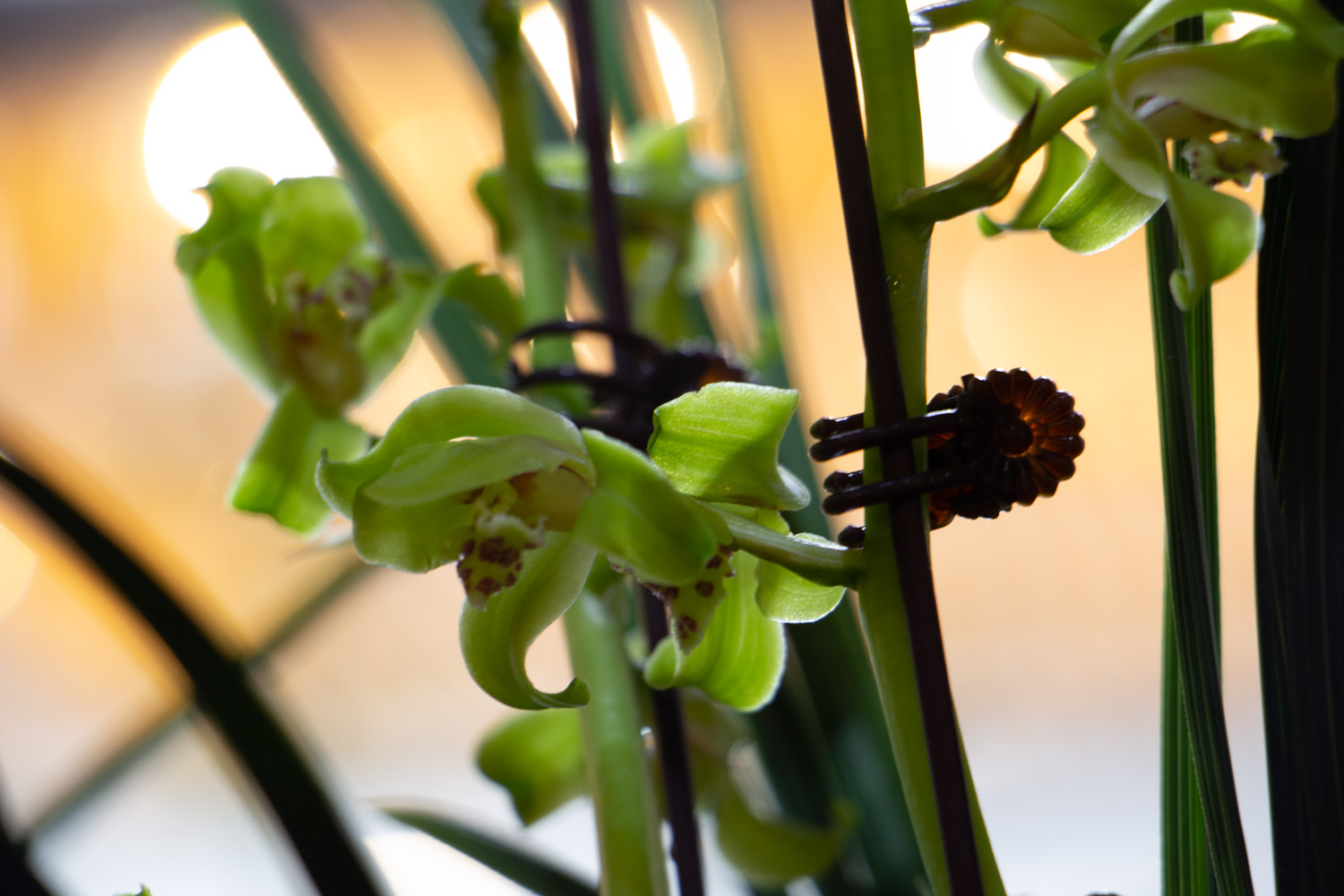
No fertilization in midsummer
Generally, when the temperature reaches 35 ℃, the orchid will enter a dormant state, grow slowly and have a weak ability to absorb nutrients. If fertilization is applied at this time, it will undoubtedly make things worse. More importantly, when fertilizing in summer, orchids will grow vigorously in autumn, and their roots, leaves and flowers will be poor next year
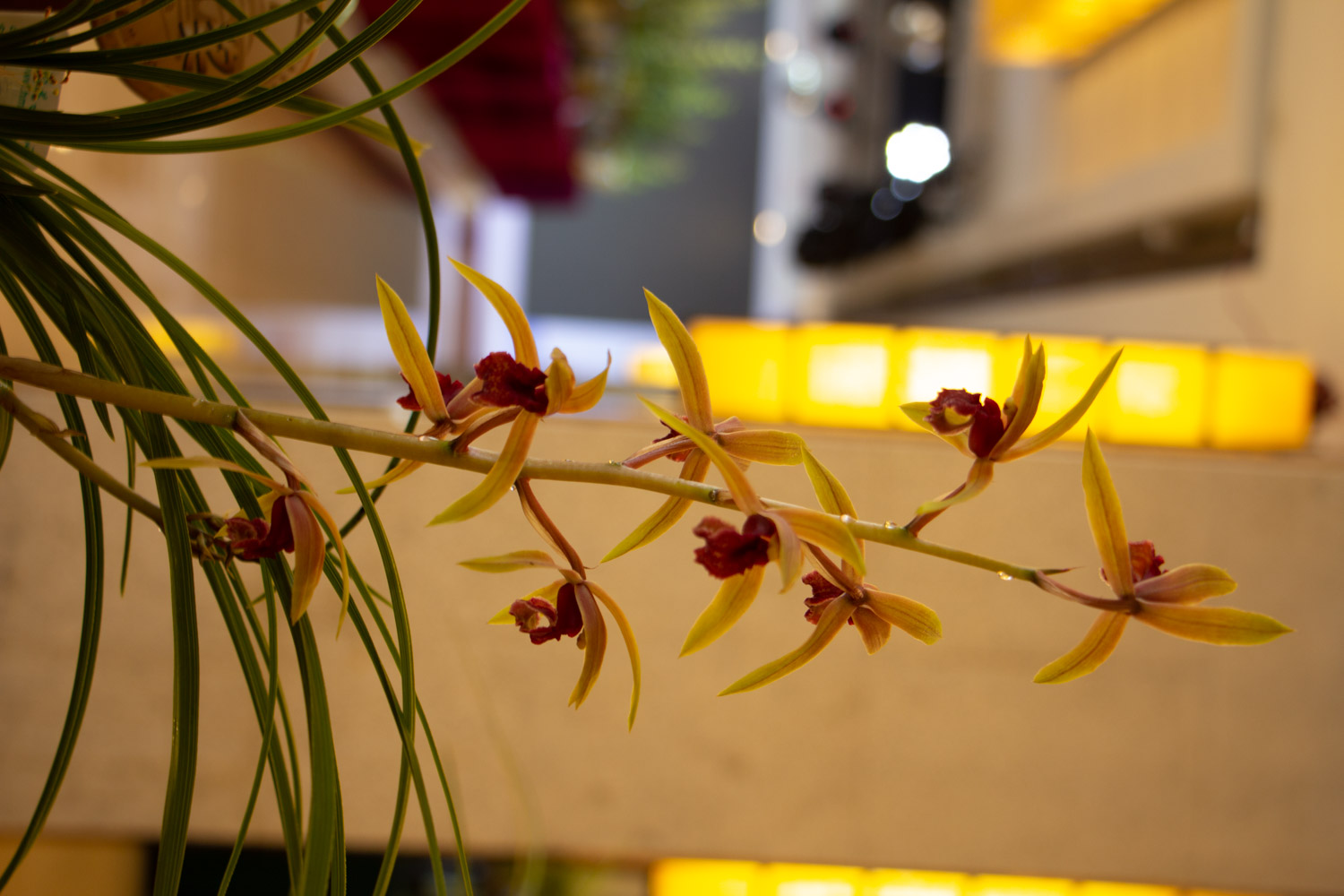
No fertilization at noon
No matter what season, do not apply fertilizer at noon. The best time for fertilization is in the morning or evening, with watering. If noon is right or wrong, the temperature is too high, and the fertilizer ferments in the soil, it is very easy to cause fertilizer damage

 how many times do yo...
how many times do yo... how many planted tre...
how many planted tre... how many pine trees ...
how many pine trees ... how many pecan trees...
how many pecan trees... how many plants comp...
how many plants comp... how many plants can ...
how many plants can ... how many plants and ...
how many plants and ... how many pepper plan...
how many pepper plan...






























